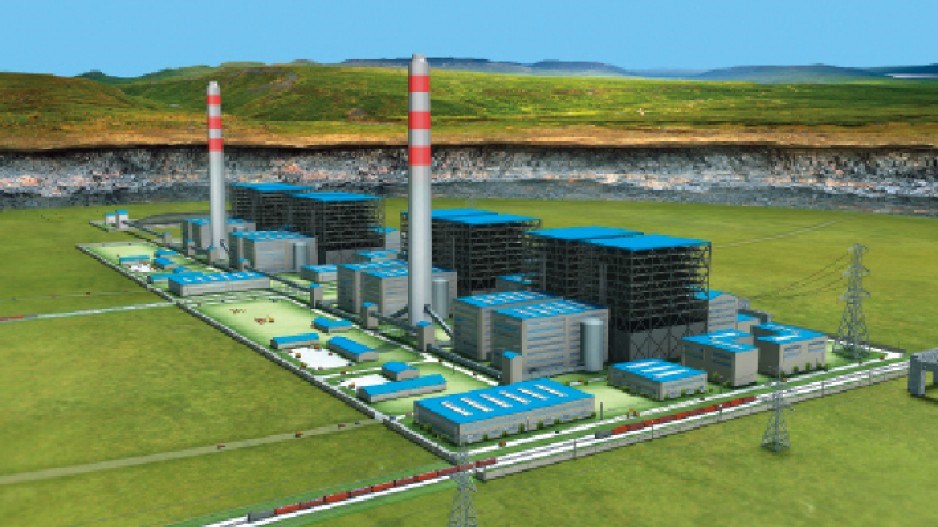A new generation of B.C.-based mining companies is taking an intercontinental approach to business.
Driven by the potential for outsized returns, these companies are exploring and developing a variety of mineral properties in Asia, hoping to cash in on the region’s explosive growth.
“Asia offers 365-day access, an abundant supply of labour and lower operational and capital costs,” said Gary Lewis, chairman and chief executive officer of Reliance Resources Ltd.
The company has staked a number of claims in Indonesia, exploring for gold and silver on the islands of Sulawesi (Celebes) and Halmahera in the eastern part of the archipelago.
As Lewis explains, Asia is an attractive place for mining juniors to call home. “The prospectivity of countries such as Indonesia is enticing to small-cap explorers, as [the country] offers the prospect of success through discovery, whereas higher barriers to entry in so-called developed countries can impede smaller players.”
That said, doing business in Asia is not a low-risk enterprise.
“Certainly it is a high-risk high-return business, as all exploration is,” Lewis said. Local partners who can help the company navigate local political issues and bring local stakeholders onside are critical to success.
“It’s important to rely on the advice of your local partner, and not assume that these ‘developing’ countries are in some way inferior and in need of ‘westernizing,’” Lewis said. “There can be no greater mistake to make than this.”
Ed Rochette, CEO and chairman of East Asia Minerals Corp., believes the investment thesis for mining in Asia is pretty simple: “It’s easier putting the puck in the net,” he said bluntly.
“They’ve been doing exploration in B.C. for 100, 150 years. [In Asia], you have a better opportunity for something that hasn’t been developed in the past. So your upside potential [is] a lot better – you can start in as a greenfield project and take it to development.”
East Asia Minerals has two gold-copper projects on the go in Indonesia, having recently divested itself of phosphate and uranium assets in Mongolia. Rochette expects to see production within the next two to three years.
Getting to that point won’t be easy, however. Rochette identifies infrastructure and politics as two pitfalls to which mining companies in Asia must pay particular attention. Of the two, politics is often the more significant challenge.
“Infrastructure – it improves as the country builds more rails, more roads and more power plants. So that technical challenge more or less solves itself over a period of time. Political challenges are a different situation.”
As Rochette explains, as governments change, so too can the economic viability of a given mine. “It can go from good to more difficult to very difficult, then back to good. Unless you’ve got support from the local population and the local government, it’s going to be difficult to develop a project.”
Chris Ackerman, investor relations manager, Prophecy Coal Corp., agrees that political challenges can exist in the “fledgling democracies” of Asia. Even so, the continent represents a compelling opportunity for BC miners.
“It’s difficult to make one blanket statement that applies to all [countries],” Ackerman said. “The common thread is that it is a region anticipated to drive global growth in the future. From a purely logistical standpoint, it makes sense to locate a mining operation in close proximity to the demand source.”
Ackerman’s company is developing two thermal coal properties in Mongolia: the Ulaan Ovoo mine in the north of the country and the Chandgana property in central Mongolia; the latter includes a licence to construct a 600 megawatt coal-fired power plant adjacent to the mine.
“Like Canada, Mongolia is a resource rich nation situated next to a global economic powerhouse,” Ackerman said. “Demand is high for mined ore and the power required to transform [it] into building materials, electronics or consumer products.”
That said, Ackerman believes when it comes to working in Asia, the ROI is measured not only in dollars.
“I will be a fossil by the time this job is all said and done, ” he joked. “But what I will take away is a sense of pride and accomplishment for the role we played in helping to move Mongolia toward energy independence, creating innumerable jobs and improving the overall quality of life for the people of that country.”




